Alphabet understanding Letter Recognition Worksheets for Ages 4-7
9 filtered results
-
From - To
Discover engaging Alphabet Understanding Letter Recognition Worksheets for ages 4-7 on our website! Designed to make learning the alphabet fun and effective, these worksheets help young children identify and understand each letter from A to Z through colorful and interactive activities. Perfect for preschoolers and early elementary students, these tools enhance fine motor skills, phonetic awareness, and letter-sound relationships. Equip your child with the foundational literacy skills needed for reading and writing. Visit today to browse and download our expertly crafted resources that ensure a confident start in your child's educational journey!


Letter X Tracing Page
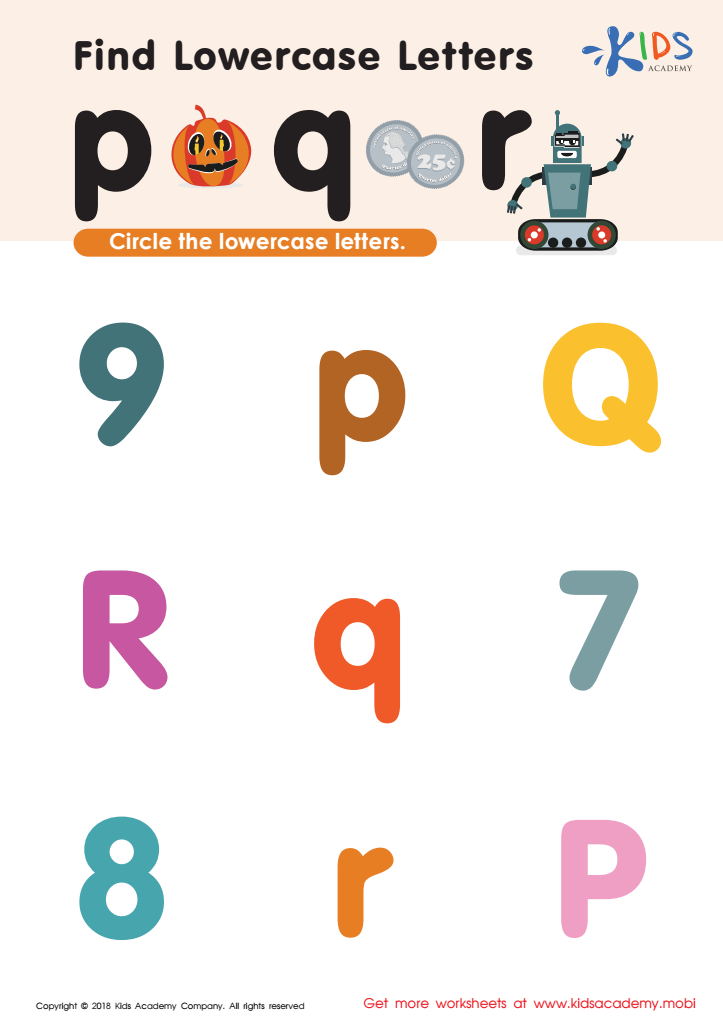

Find lowercase Letters p q r Worksheet
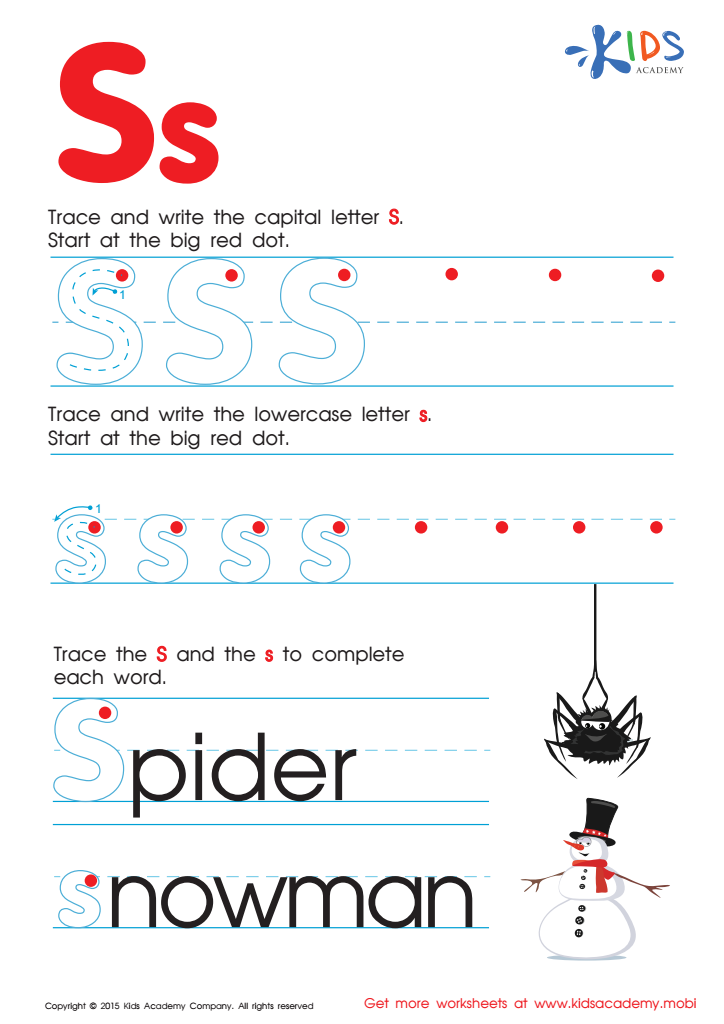

Letter S Tracing Page
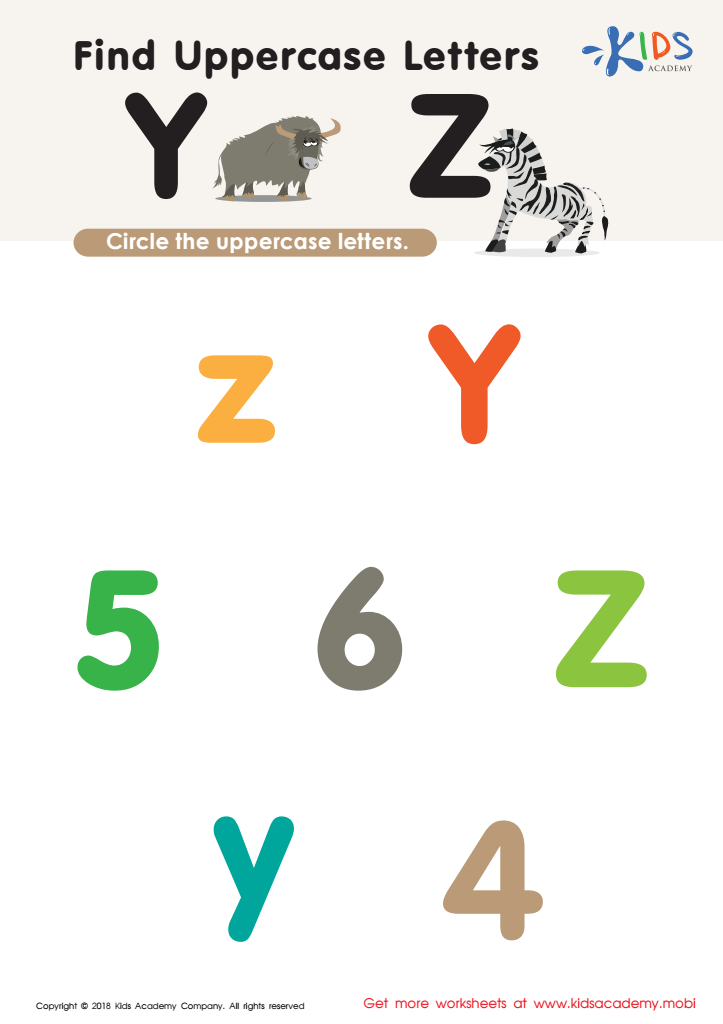

Find Uppercase Letters Y Z Worksheet
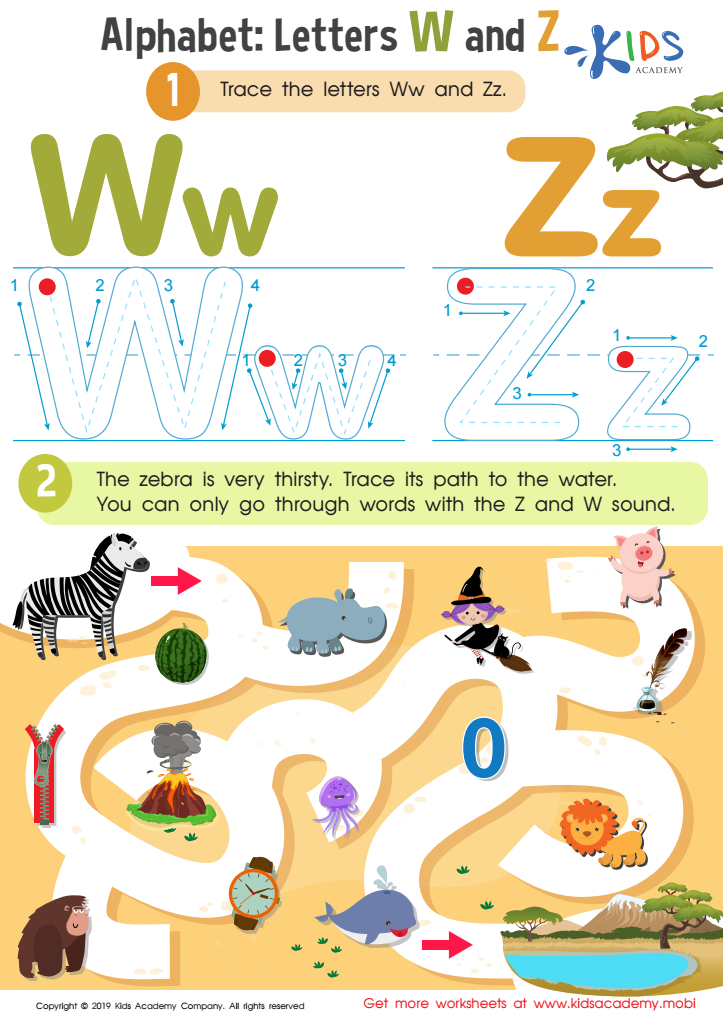

Letters W and Z Tracing Worksheet
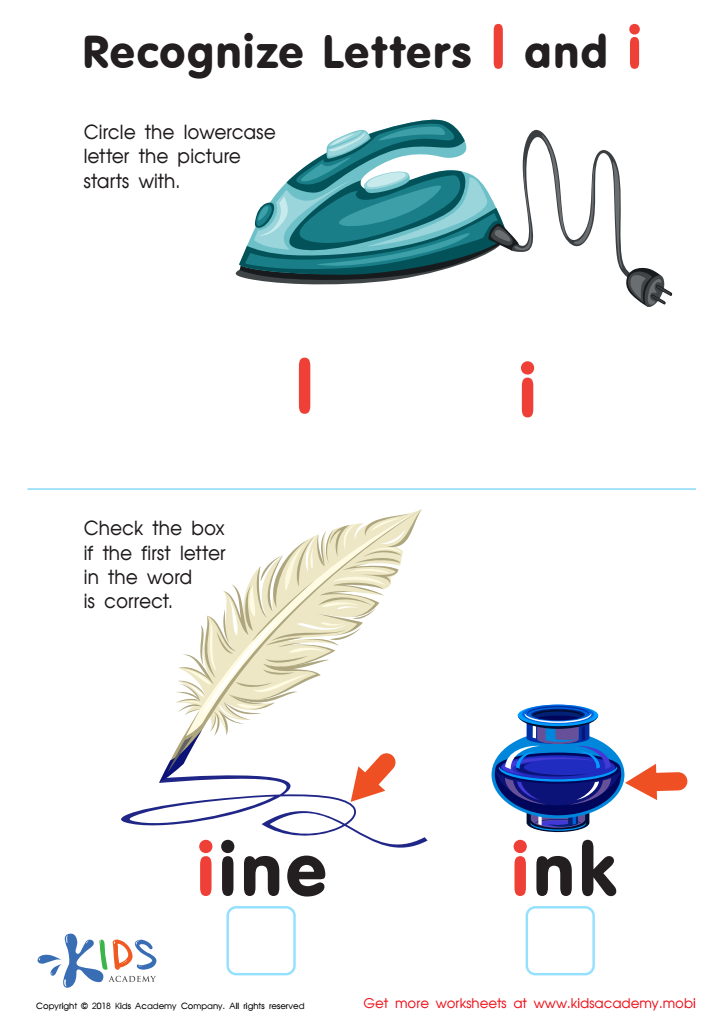

Recognize Letters l and i Worksheet
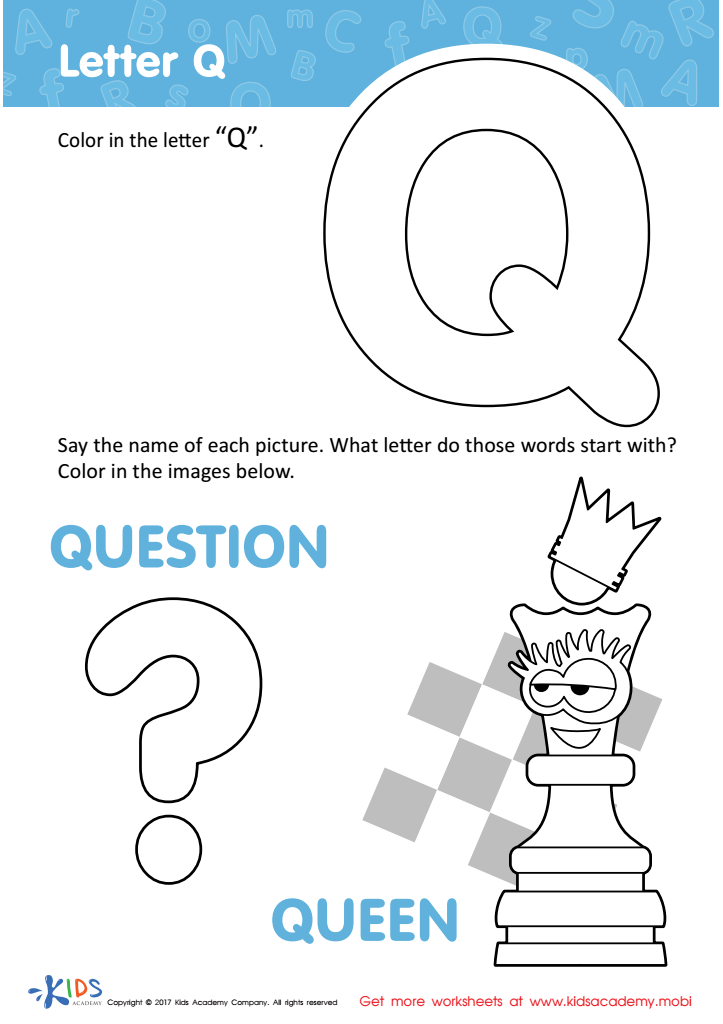

Letter Q Coloring Sheet
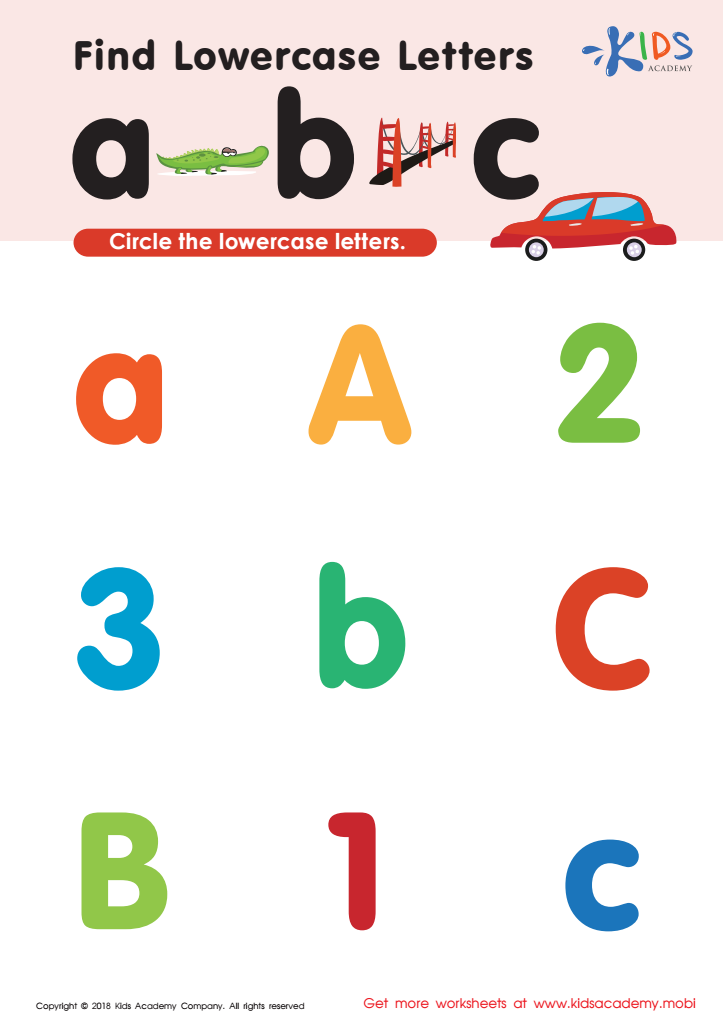

Find lowercase letters a b c Worksheet
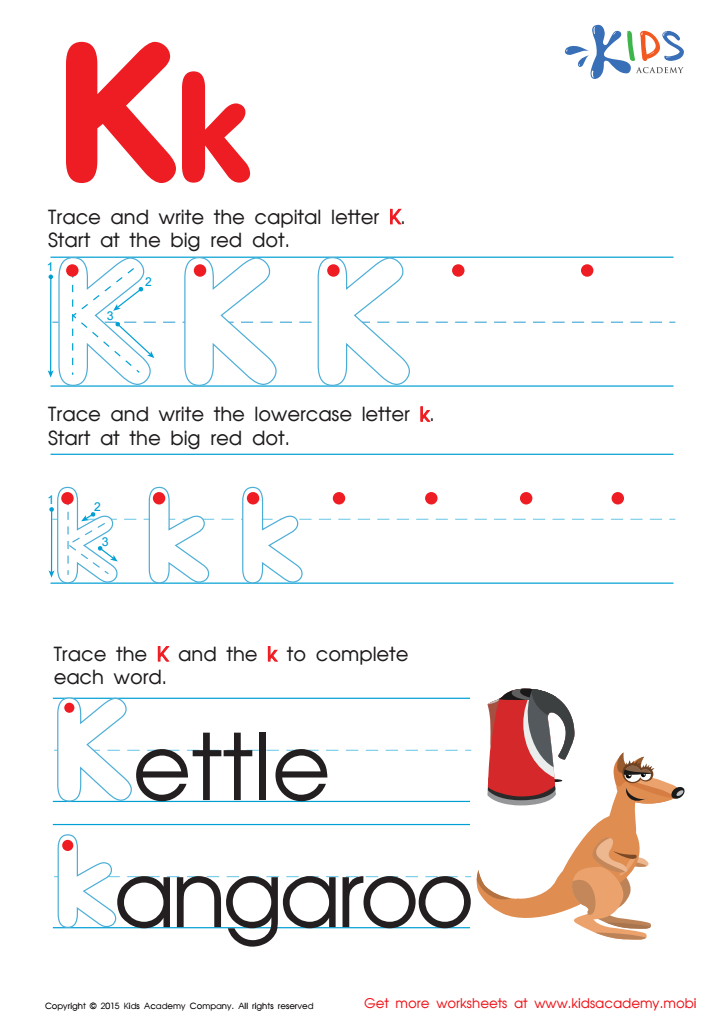

Letter K Tracing Page
Understanding and recognizing the alphabet is crucial for children aged 4-7 because it serves as the foundation of literacy. At this developmental stage, children are like sponges, rapidly absorbing information from their environment. Mastering letter recognition paves the way for learning to read and write effectively. When kids identify letters, they start understanding the link between letters and sounds—a key component of phonemic awareness. This skill is essential for decoding words and thereby facilitates smoother reading fluency.
Furthermore, early proficiency in letter recognition instills a sense of confidence and enthusiasm for learning. It lays the groundwork for academic success across various subjects by developing attention to detail, memory, and cognitive associations. Recognizing and naming letters also enhance other skills, such as fine motor skills through writing practice and visual discrimination by distinguishing between similarly shaped letters.
For teachers and parents, prioritizing letter recognition can also reveal early learning difficulties, allowing for timely interventions. Through playful yet structured activities, educators and caregivers can make learning enjoyable, thus fostering a positive attitude toward education in general. Investing time and effort in teaching alphabet recognition ultimately supports a child's lifelong communication skills, academic achievement, and intellectual growth.
 Assign to My Students
Assign to My Students




















